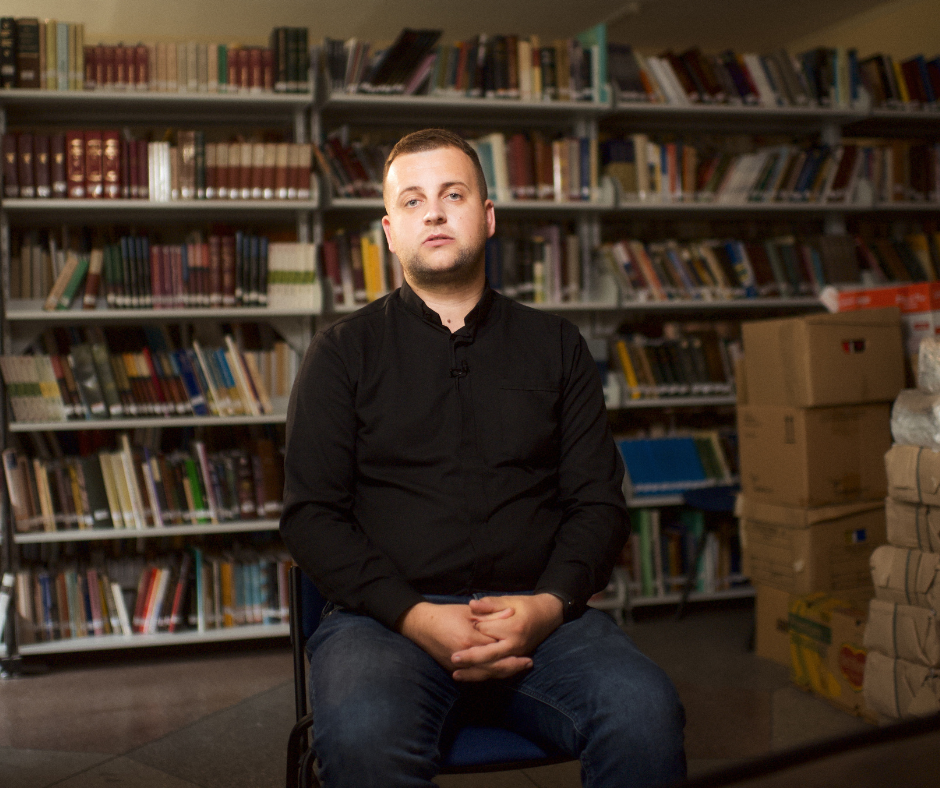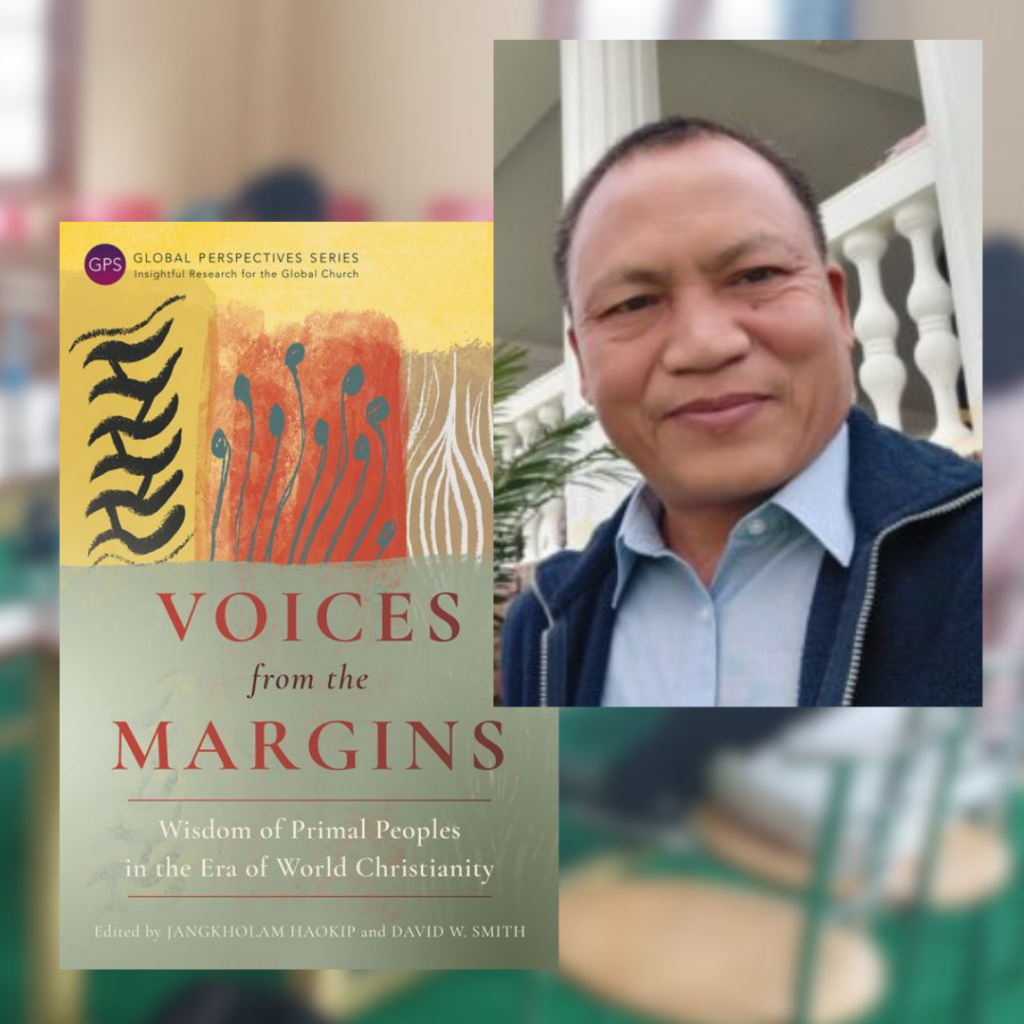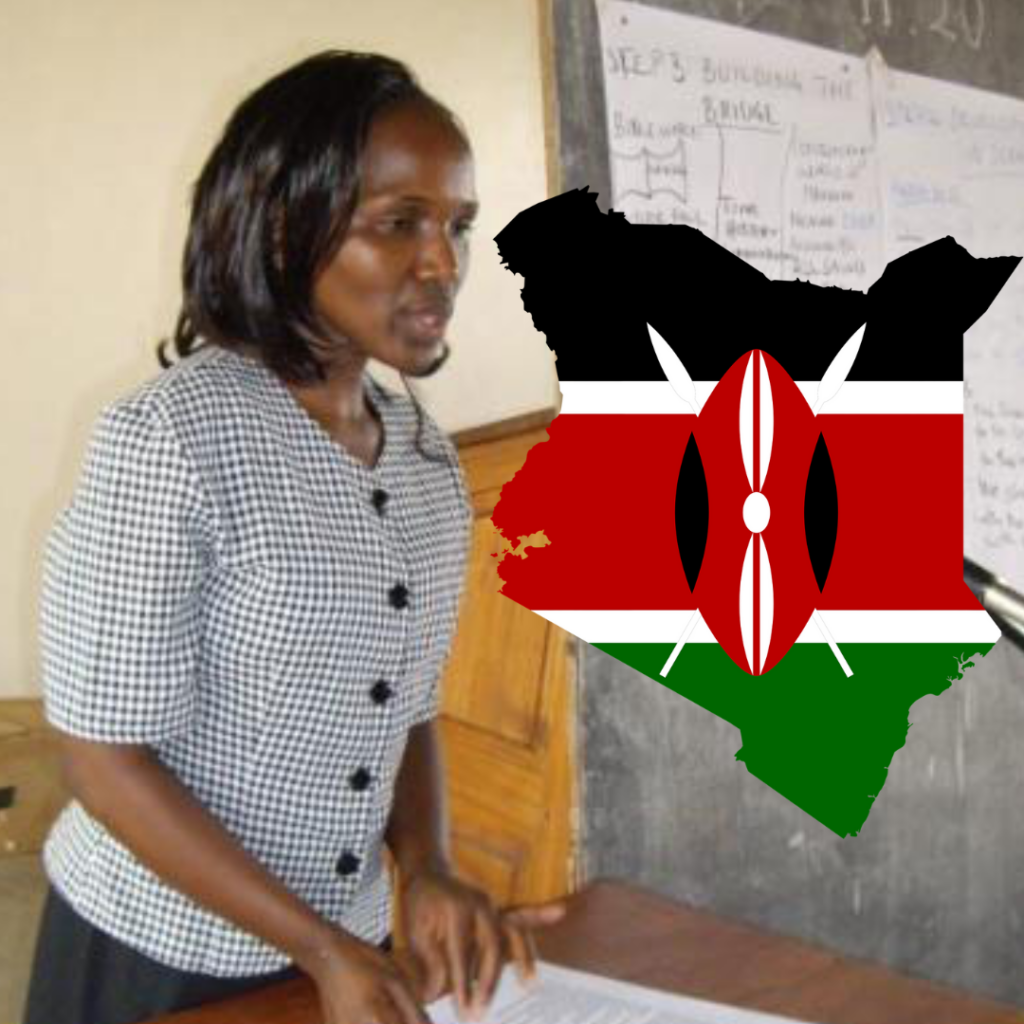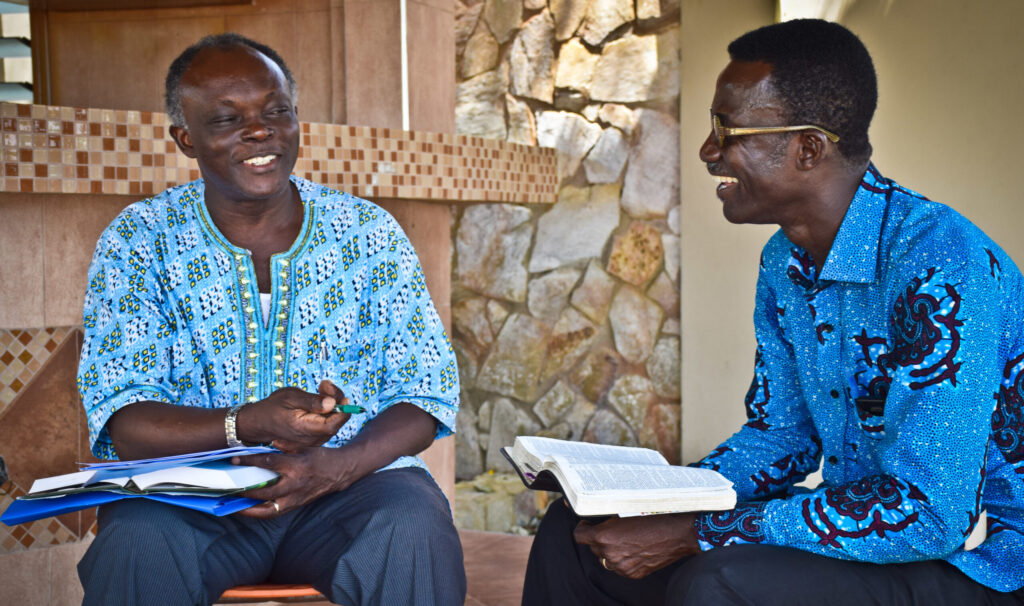News & Updates
Stay up to date on everything that's happening with Langham Partnership.
Being the hands and feet of Jesus during the Ukraine War
The Reality of War Markiyan Klepach was born near Lviv, Ukraine, in a village called Matsoshyn. The Russian invasion has…
Topic
Filter by topic
“From Bolivia, I send you a big hug!”
Would you travel for many hours across the country, during a time of instability and…
Growing a small book collection into a well-stocked theological library in Côte d’Ivoire
“The library supports all the programmes here, from Bachelor to PhD, and all the students…
Tackling Trauma: a Ukrainian Perspective
Earlier this year, the Ukrainian translation of Tackling Trauma was published in cooperation with the…
Engaging Christians in their context in an accessible way
Editor and author Jangkholam Haokip describes his involvement with Langham Literature as “truly providential.” As…
Tackling illiteracy to bring the Gospel to Kenya
“You’re 12, you’re old enough to share your testimony of salvation” – my father said…
Word from the World: Why we need to read the Bible for ourselves
Some of us are content to rely on pastors or other “experts” to give us…










